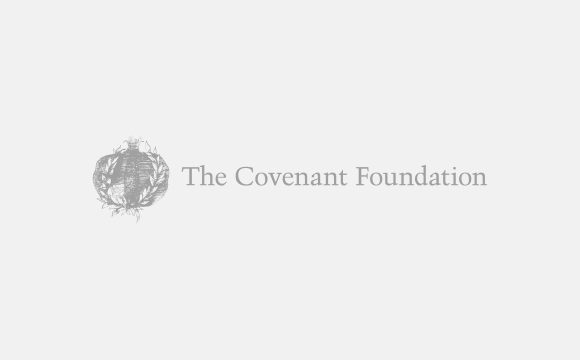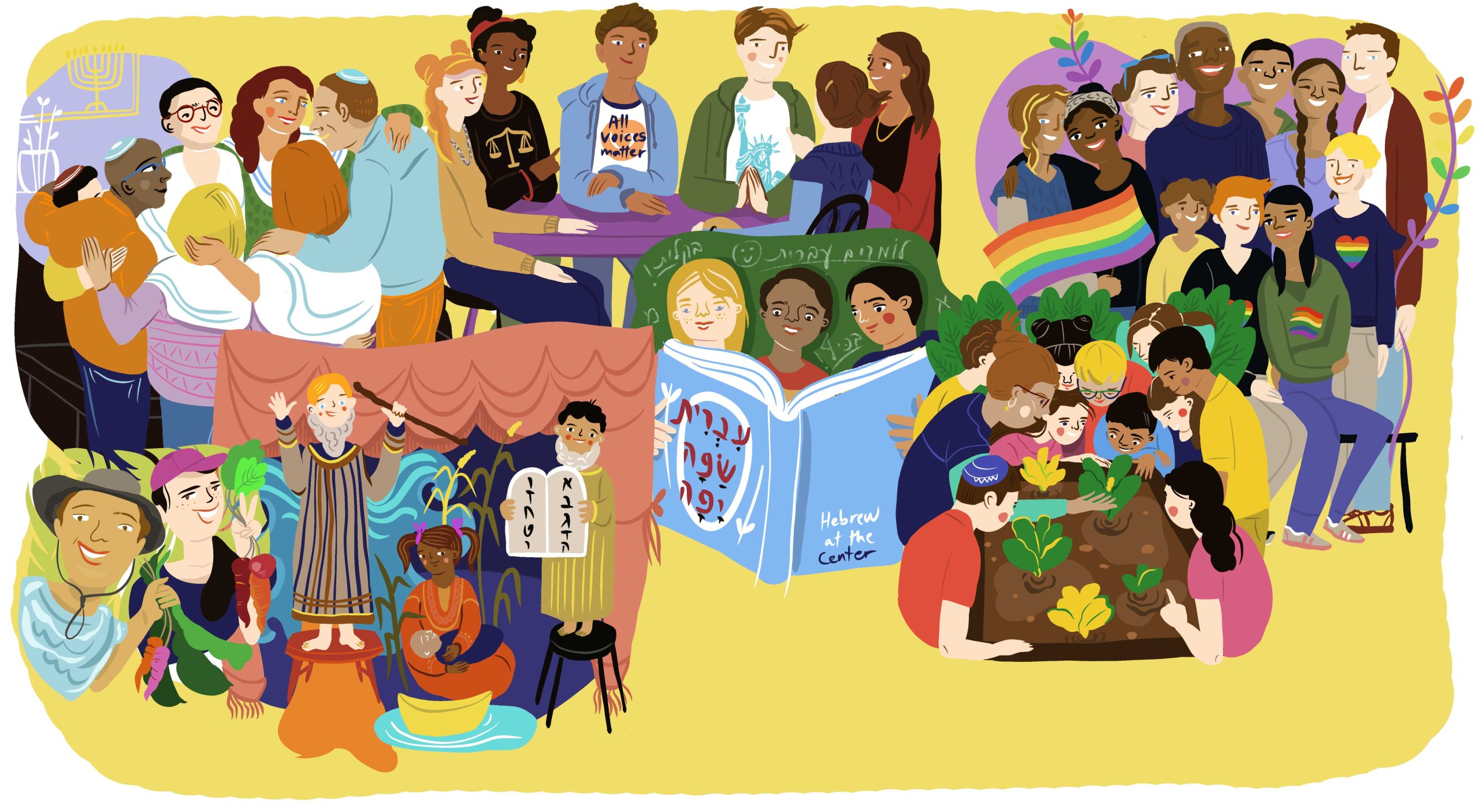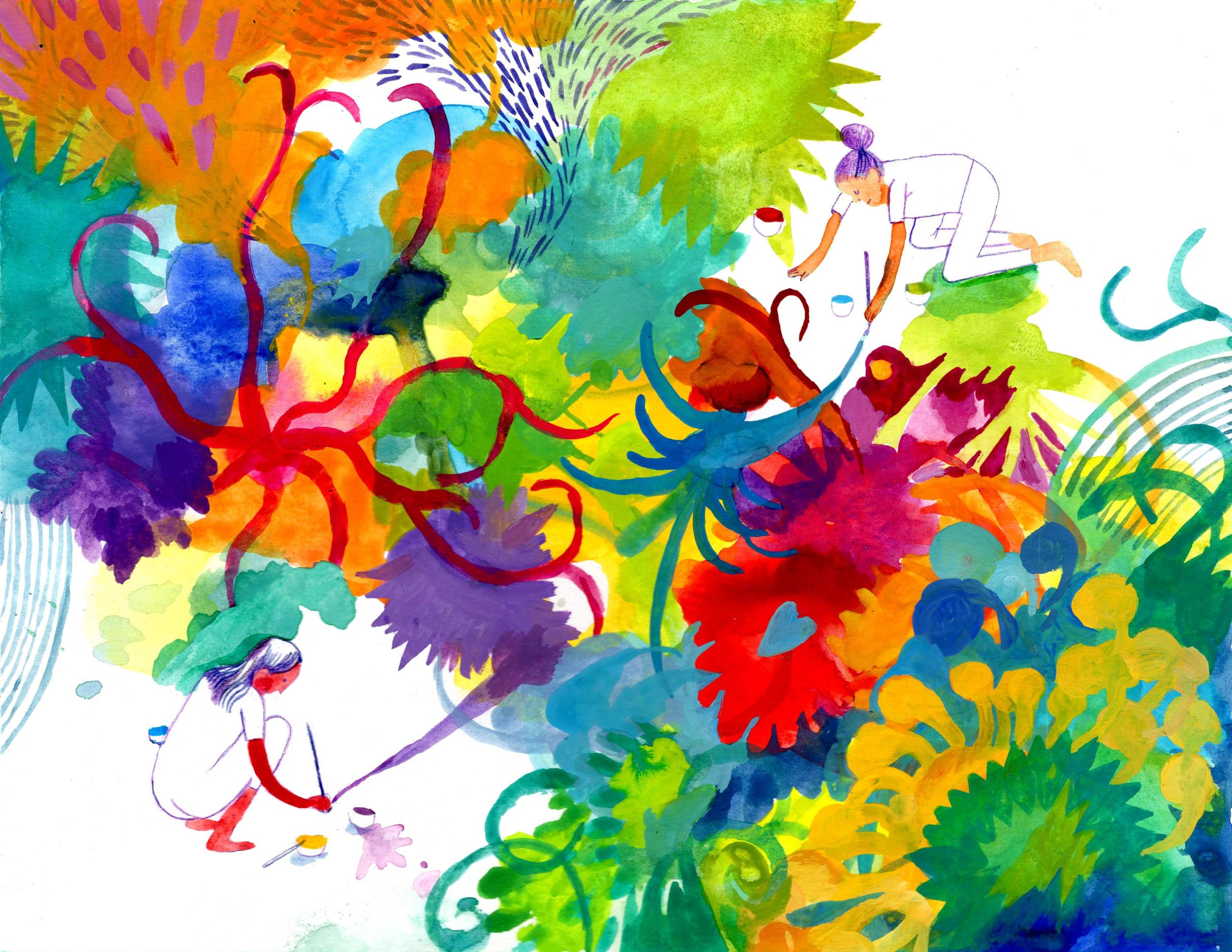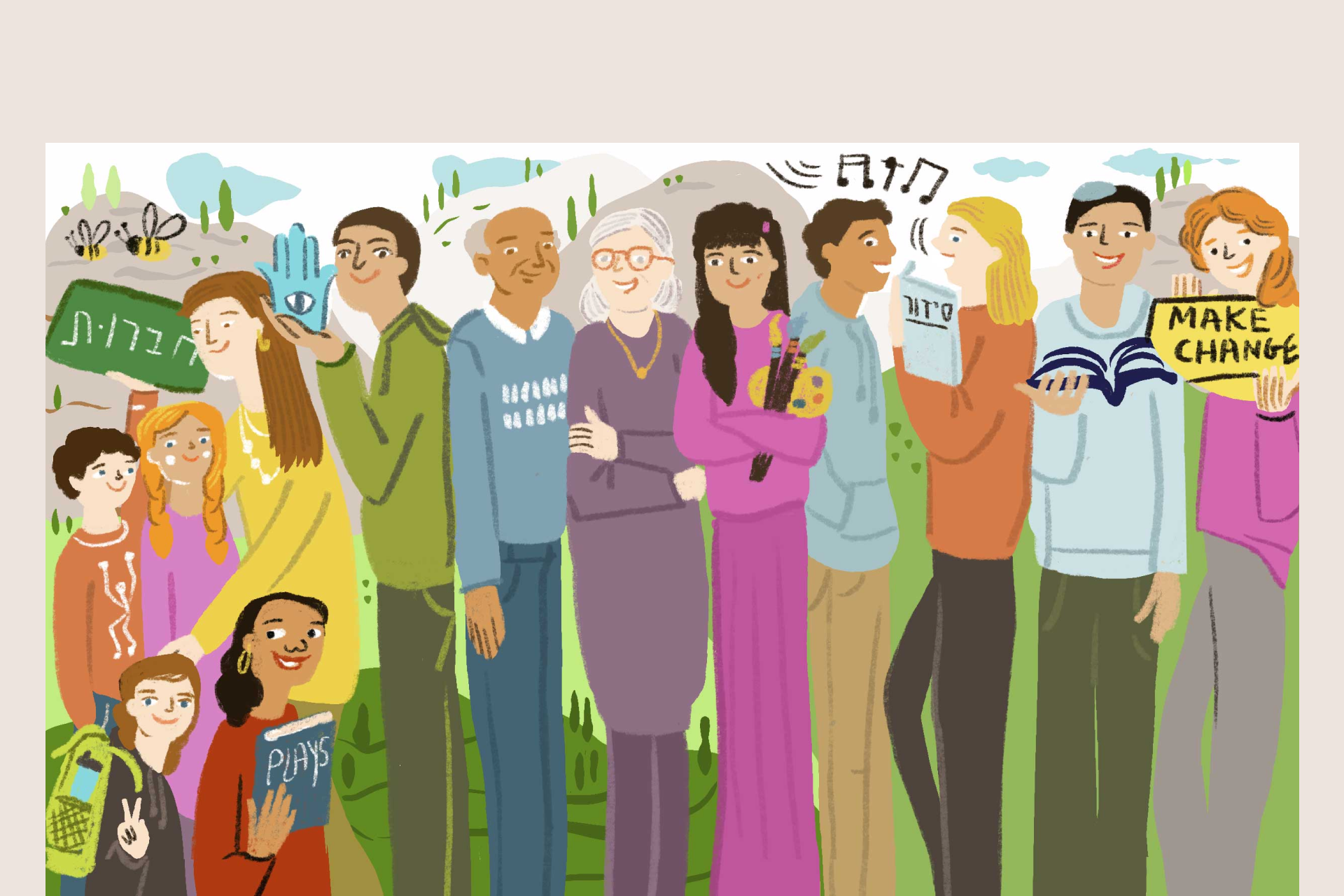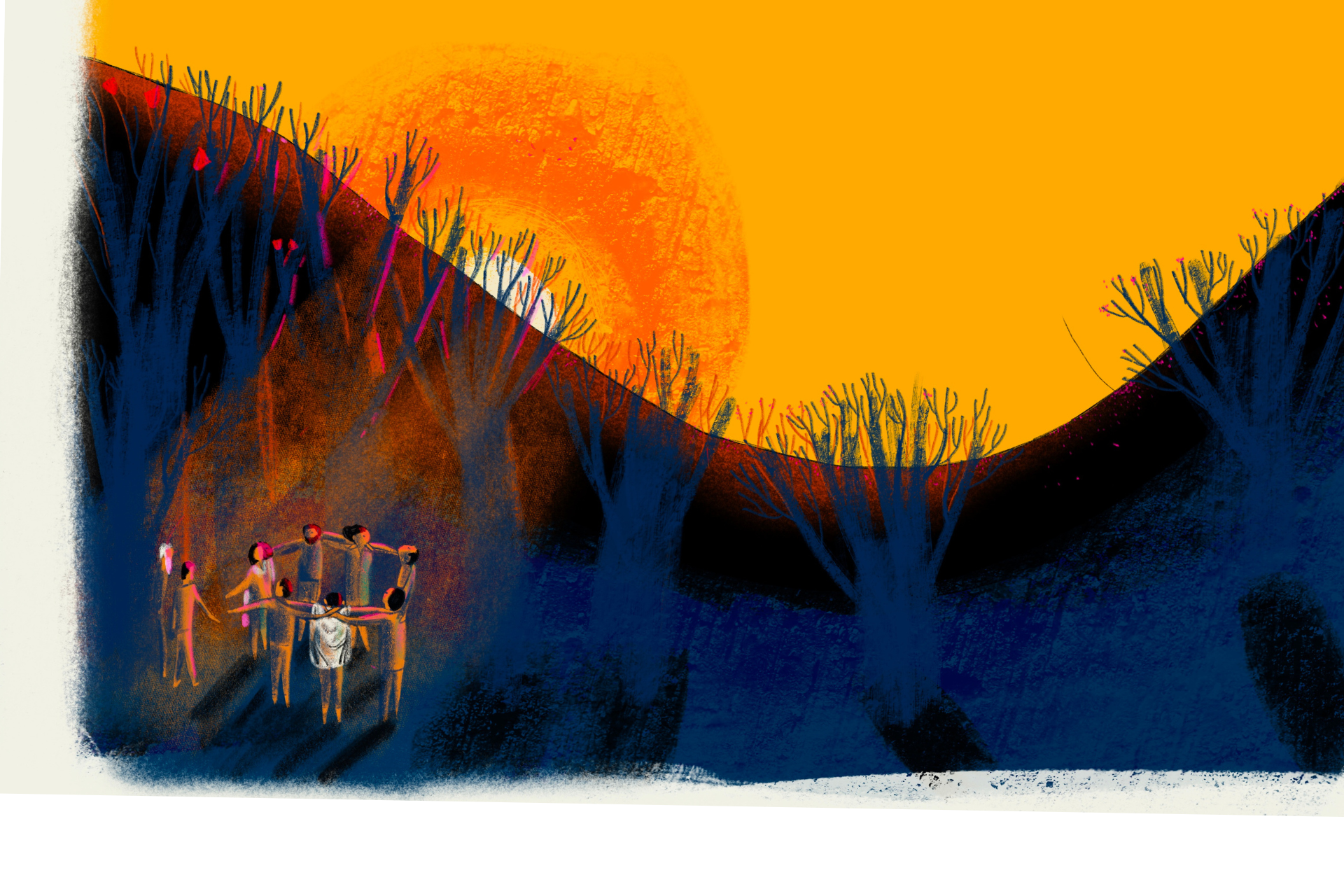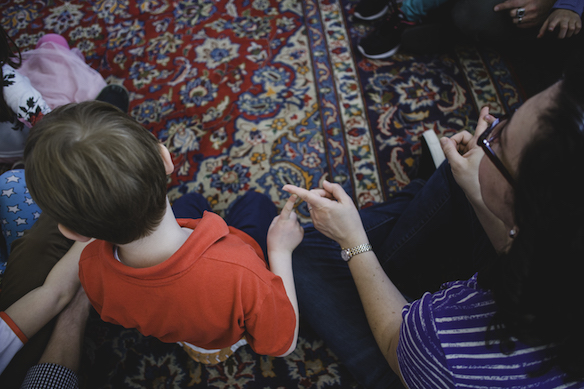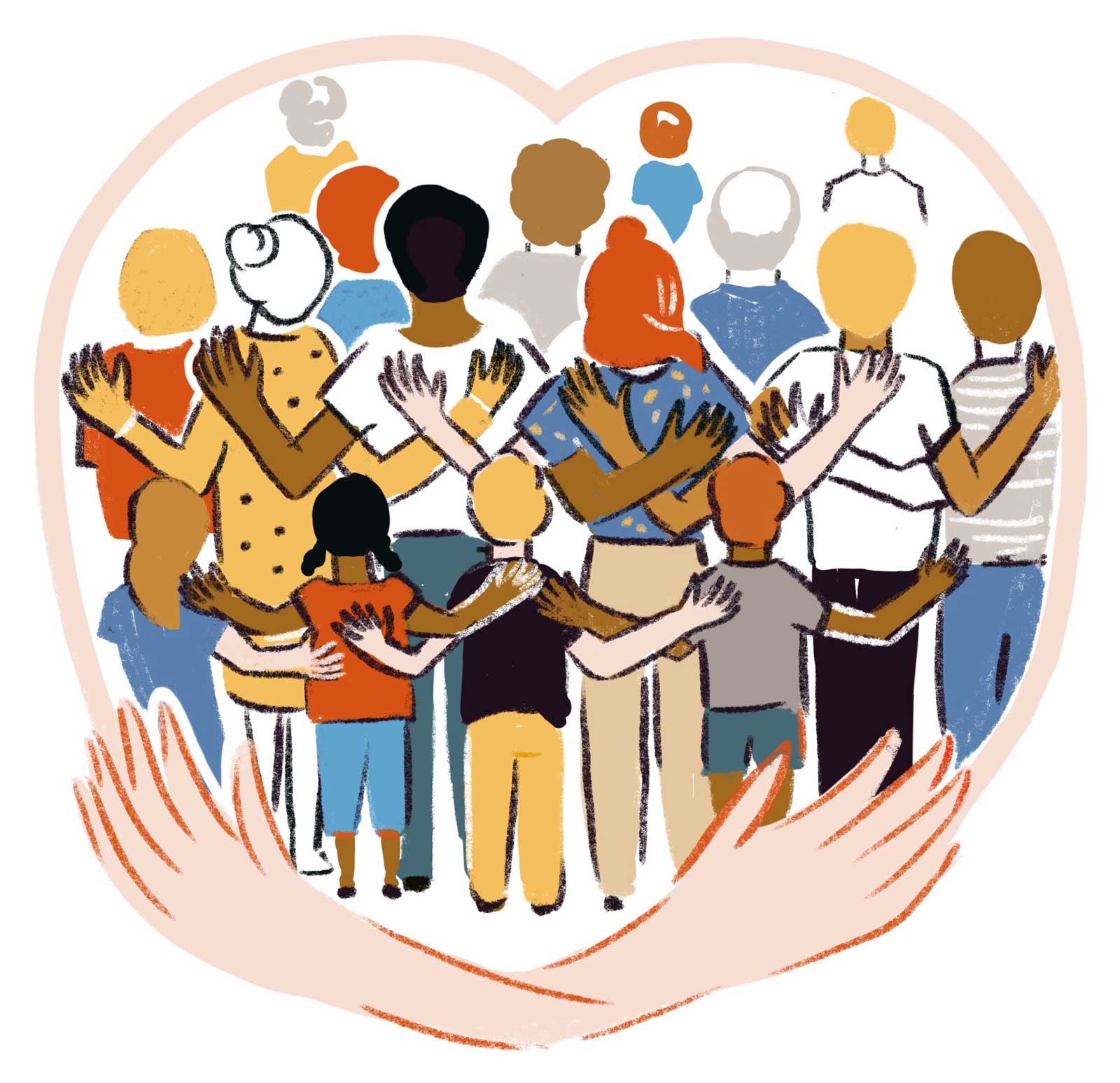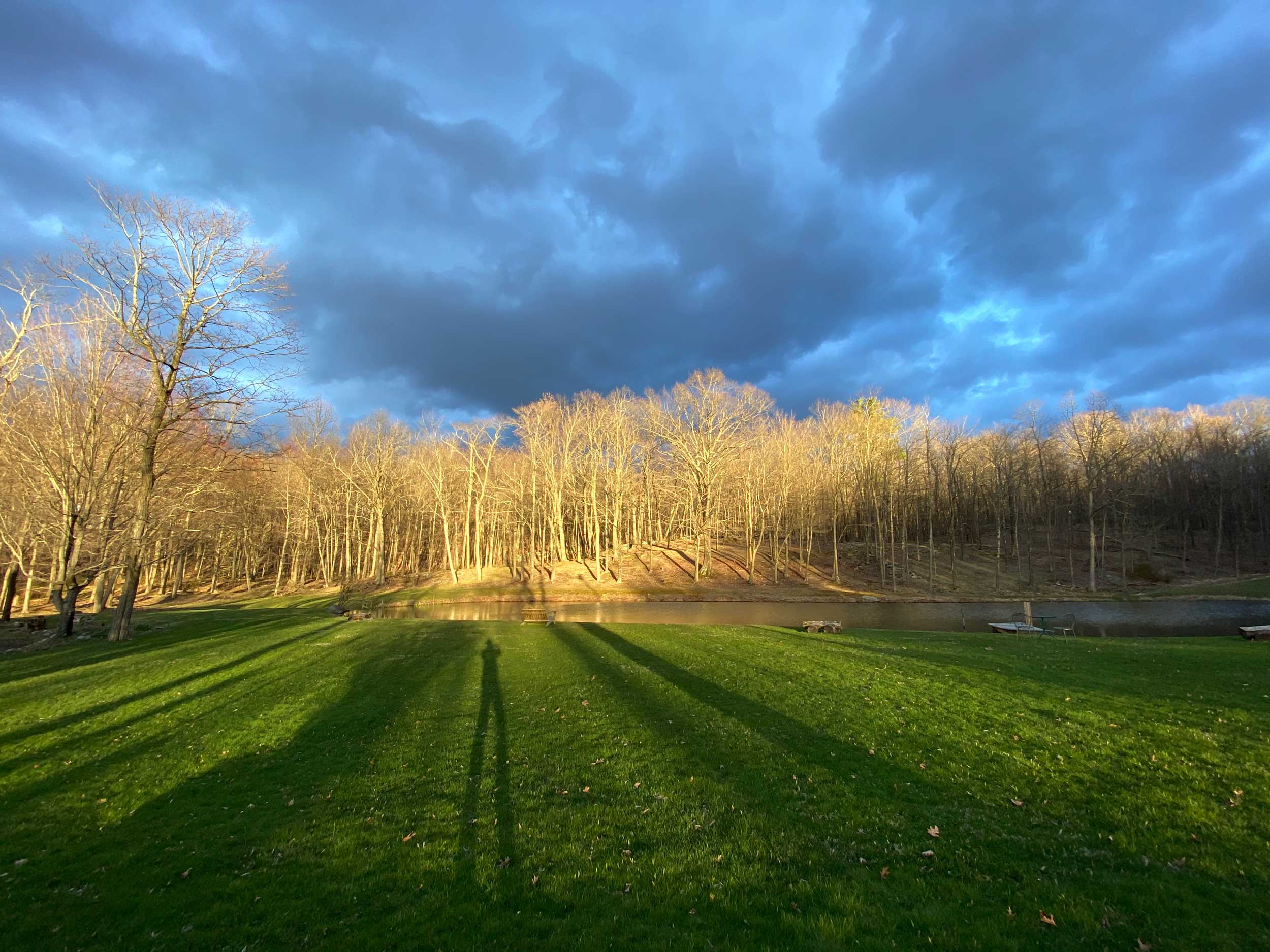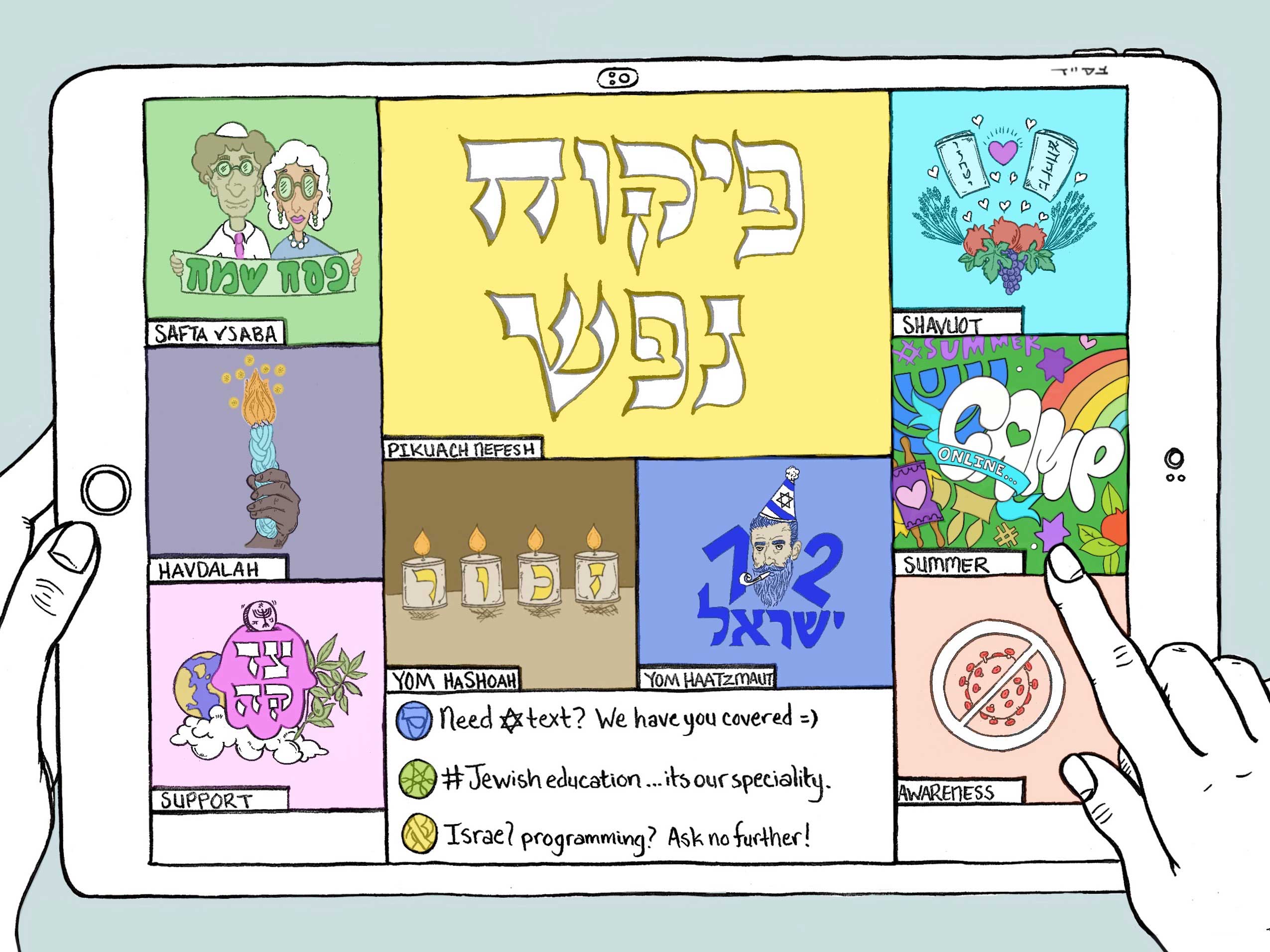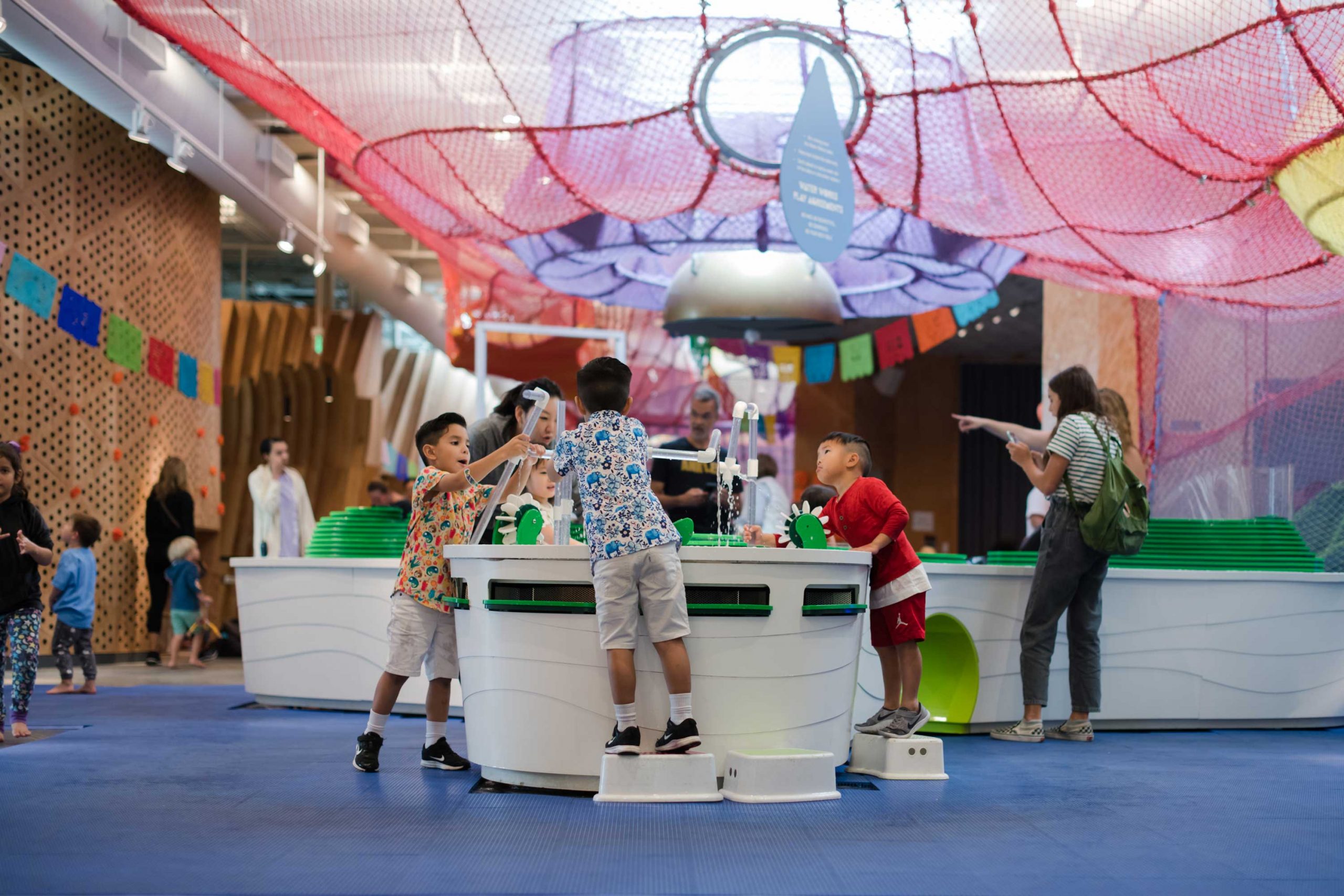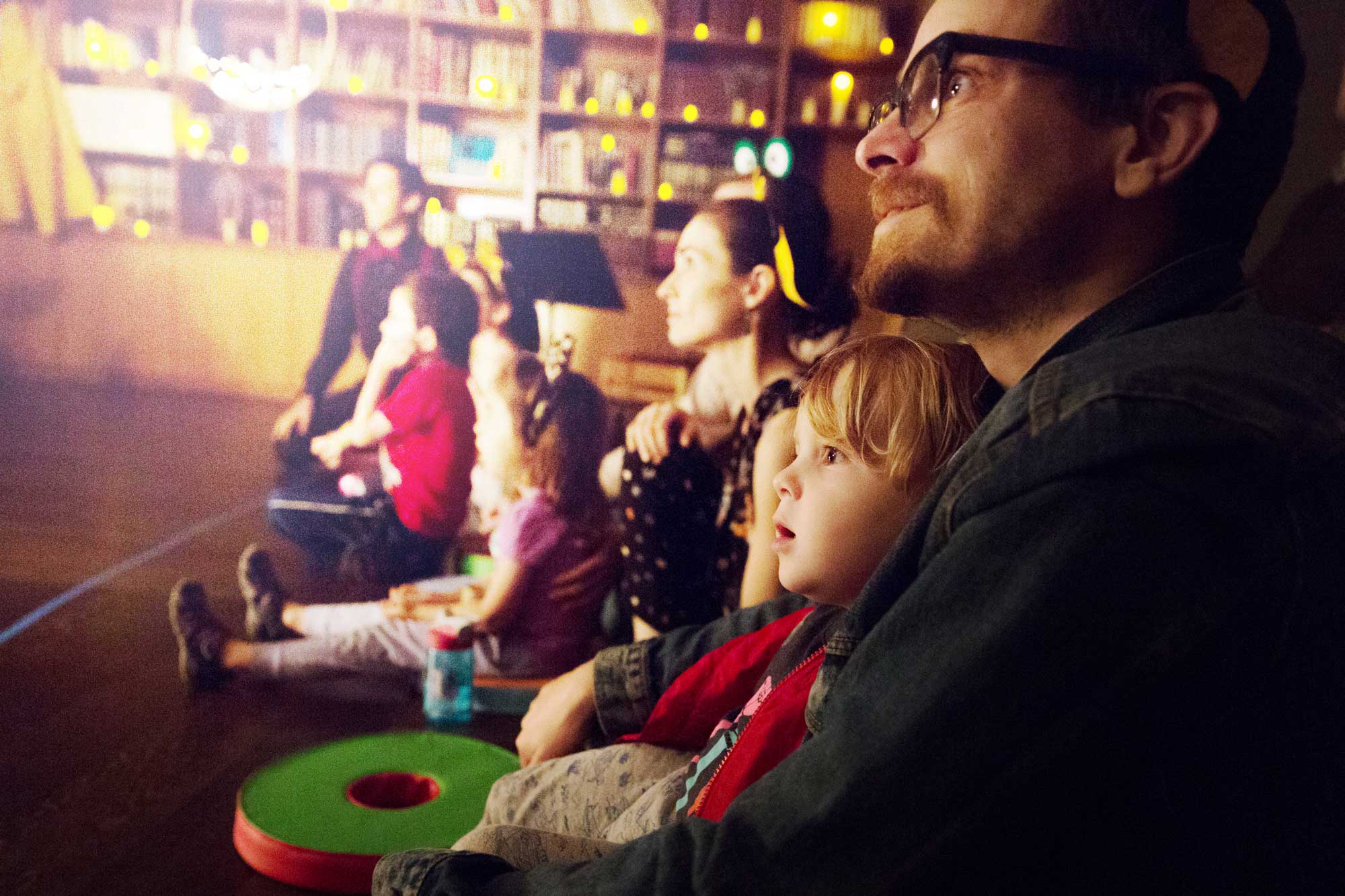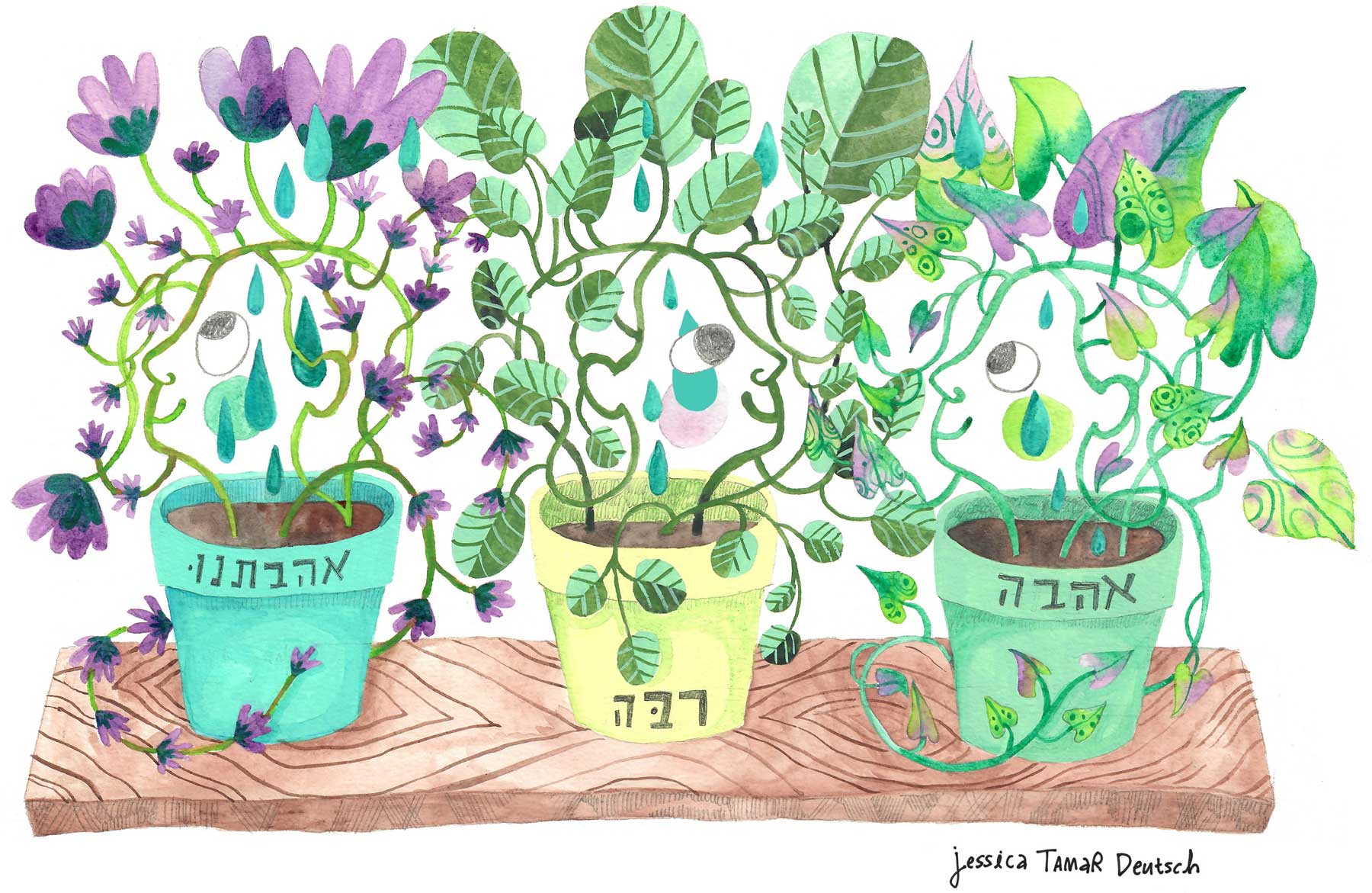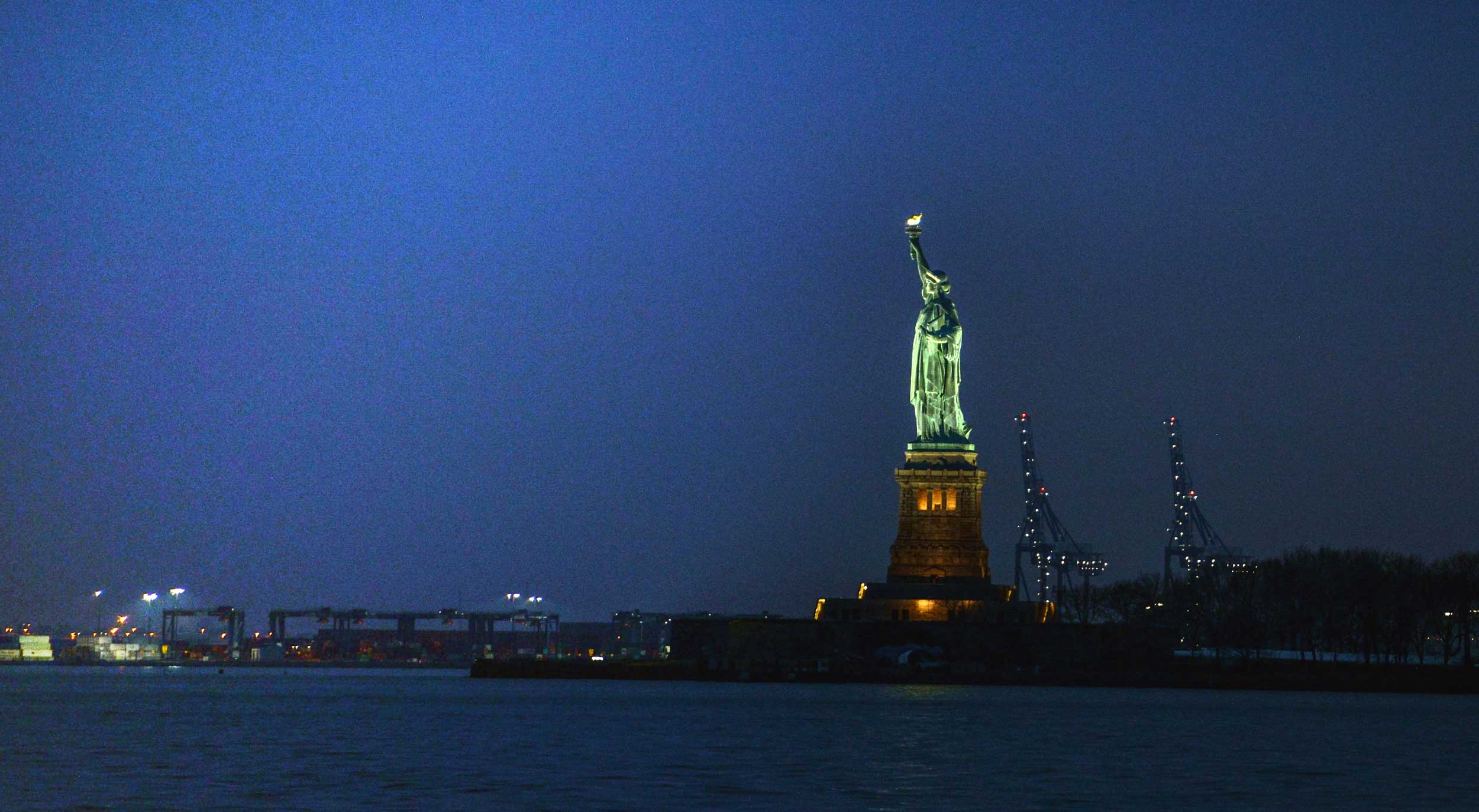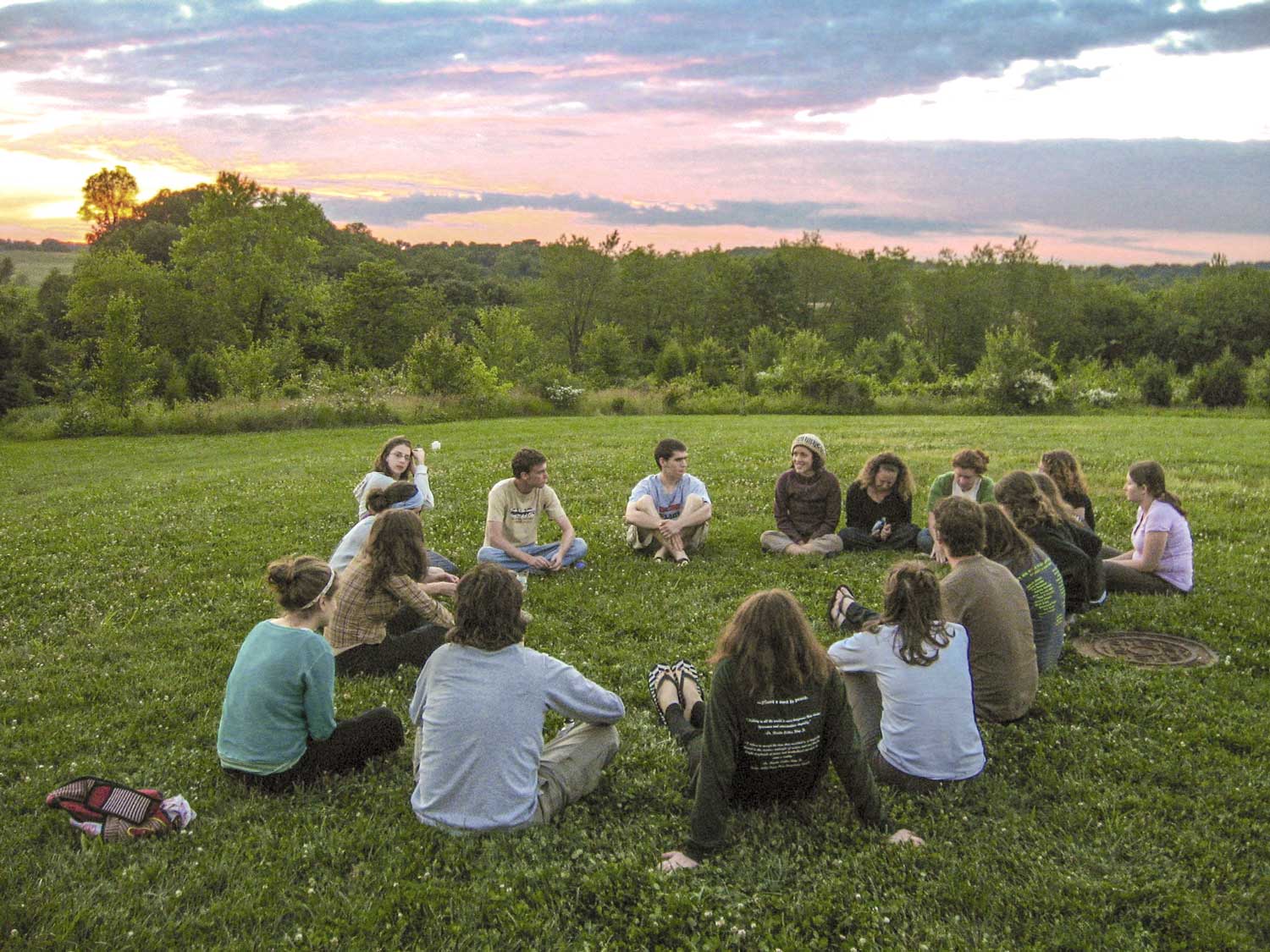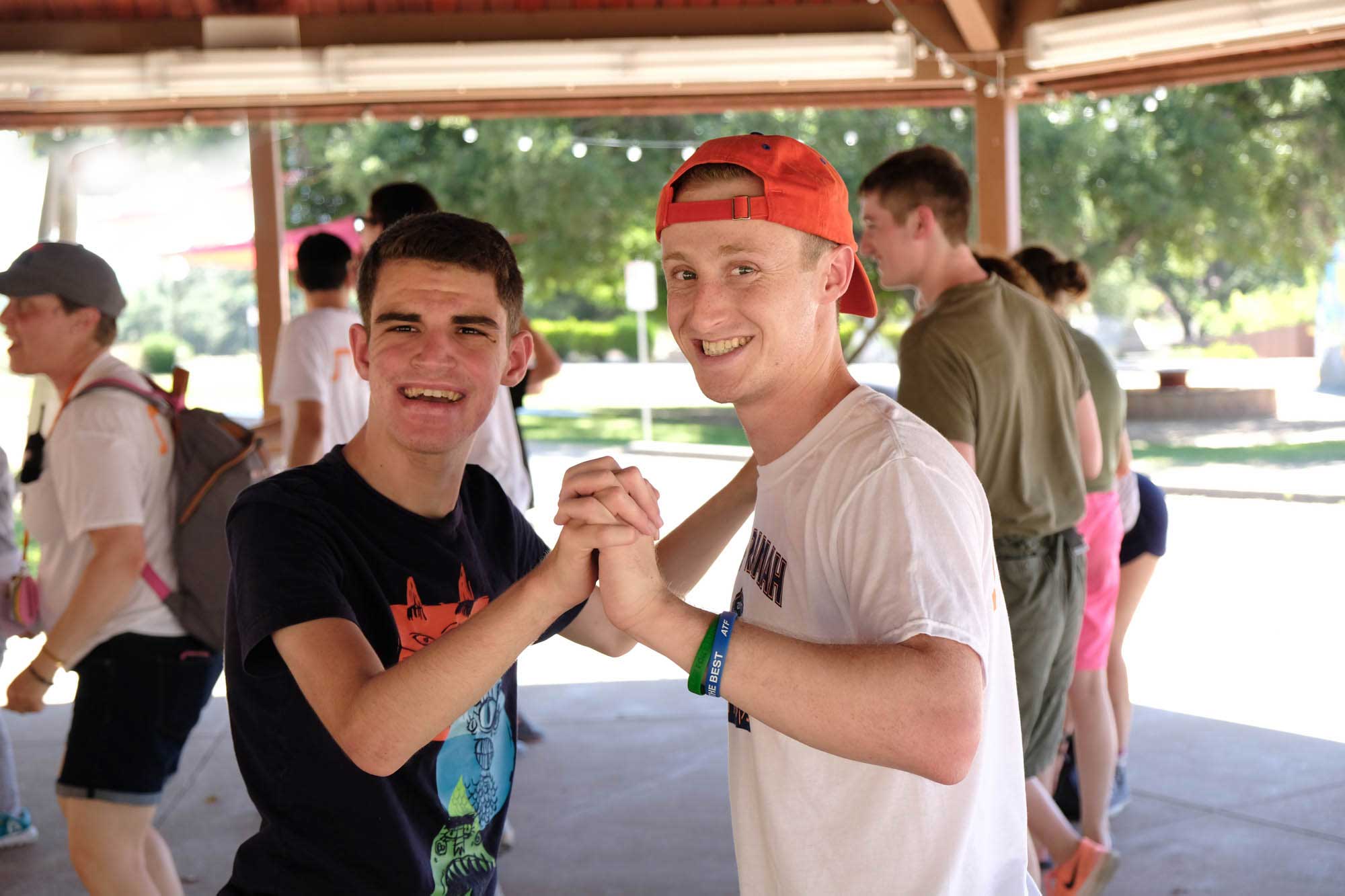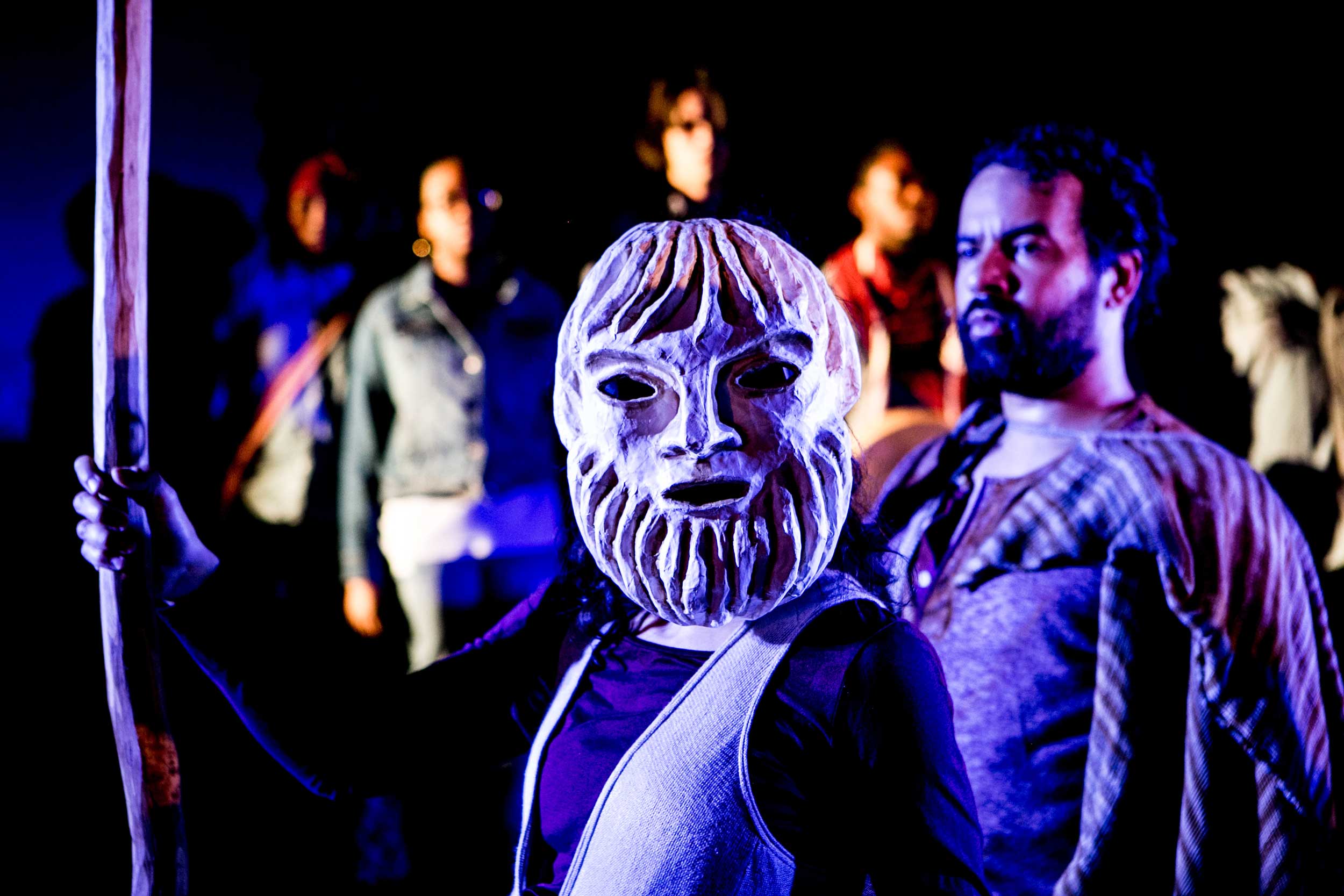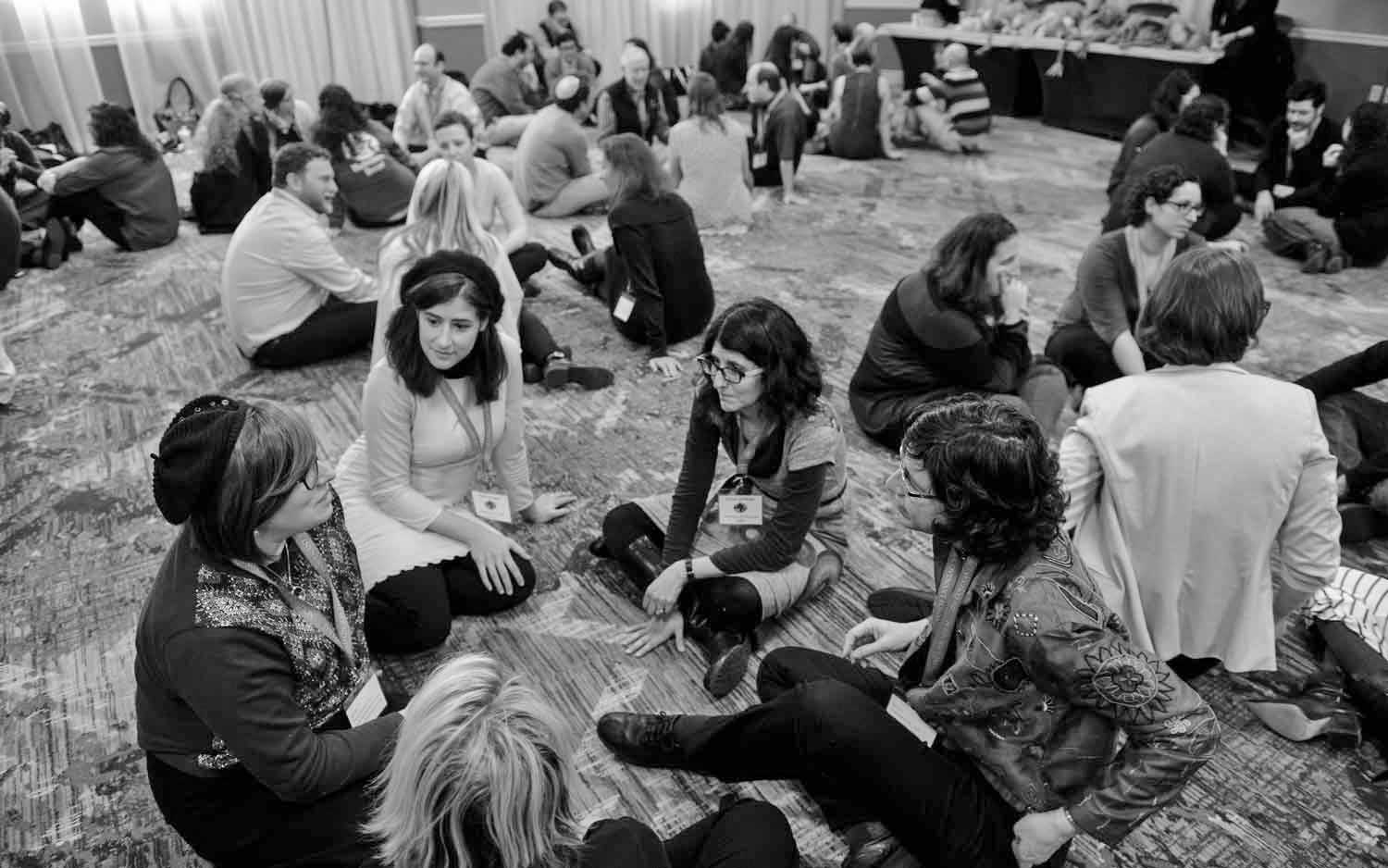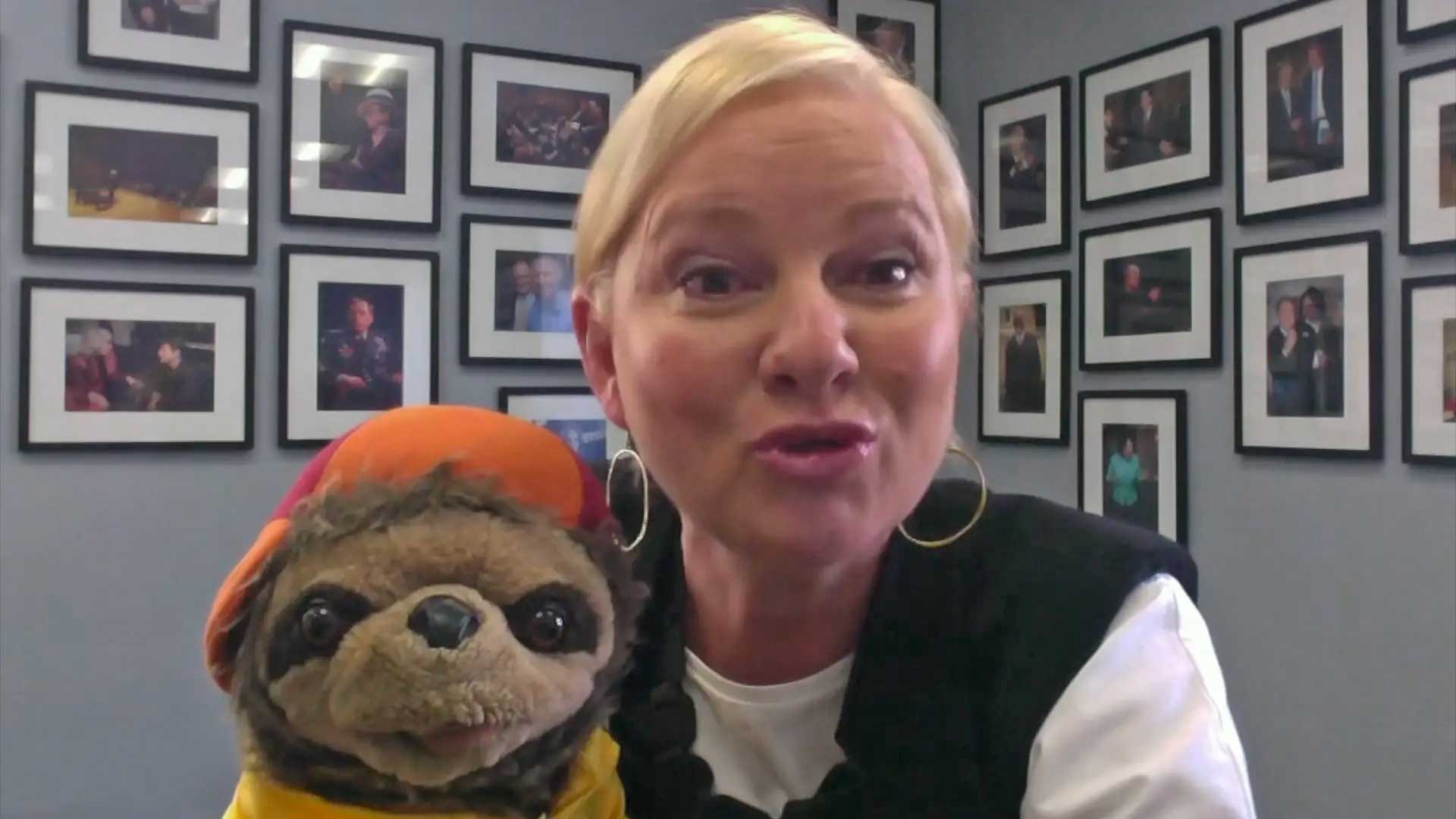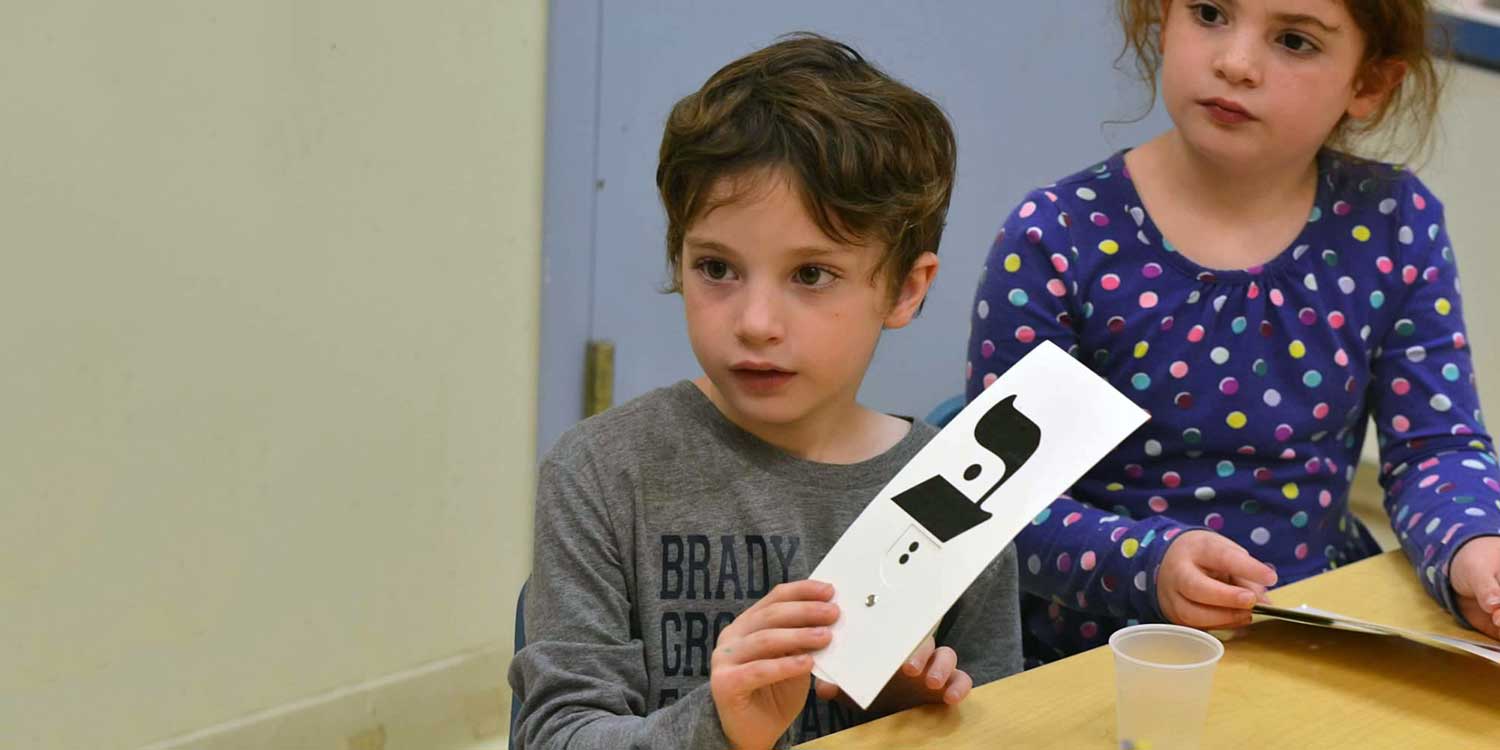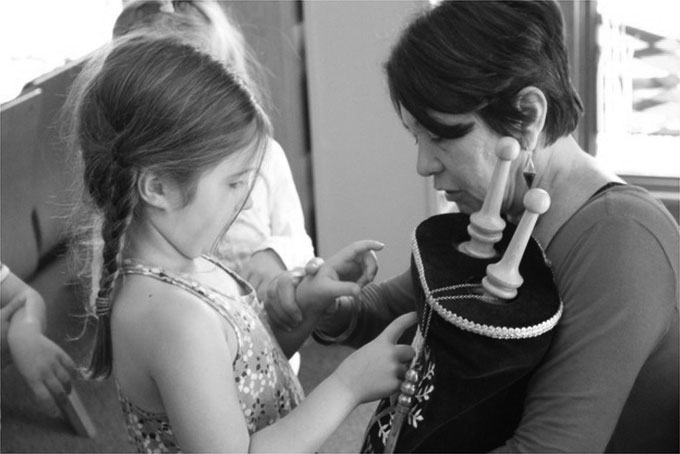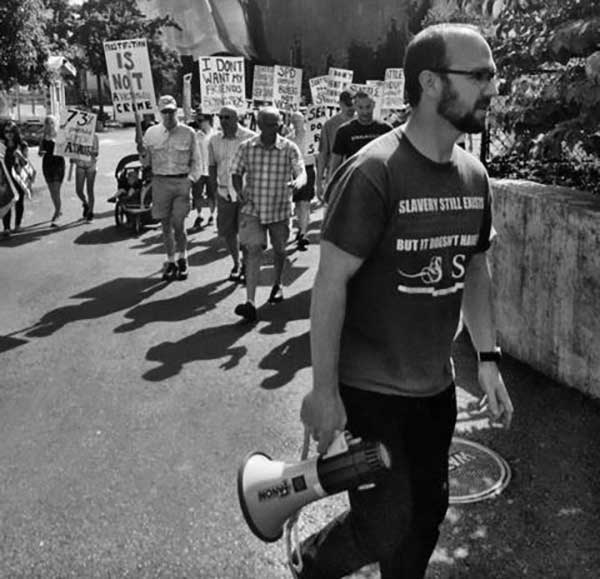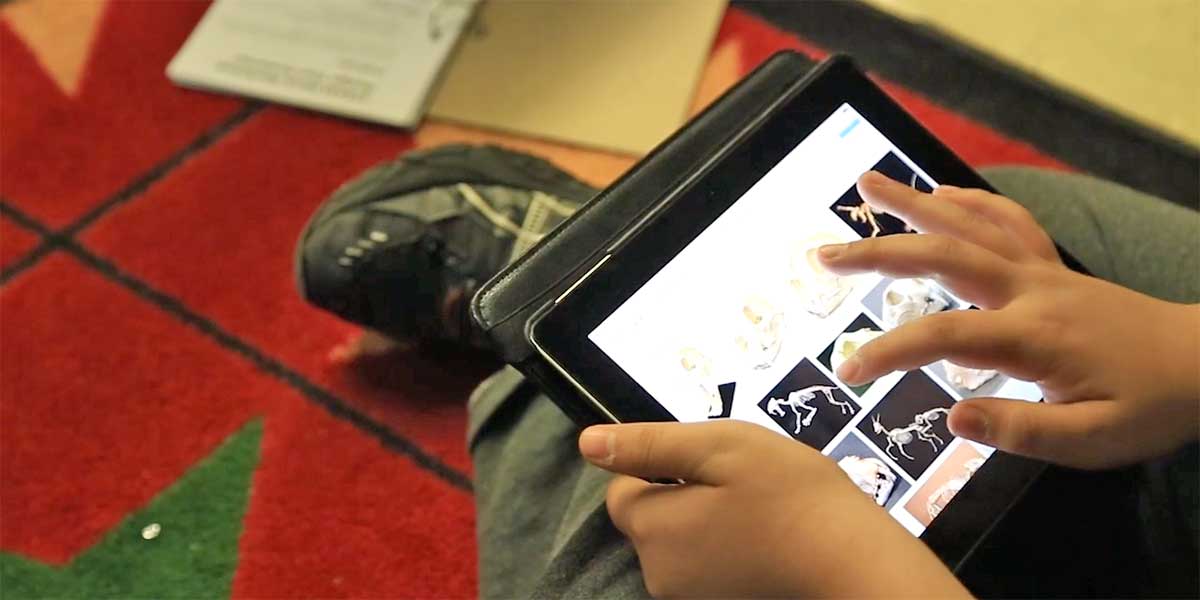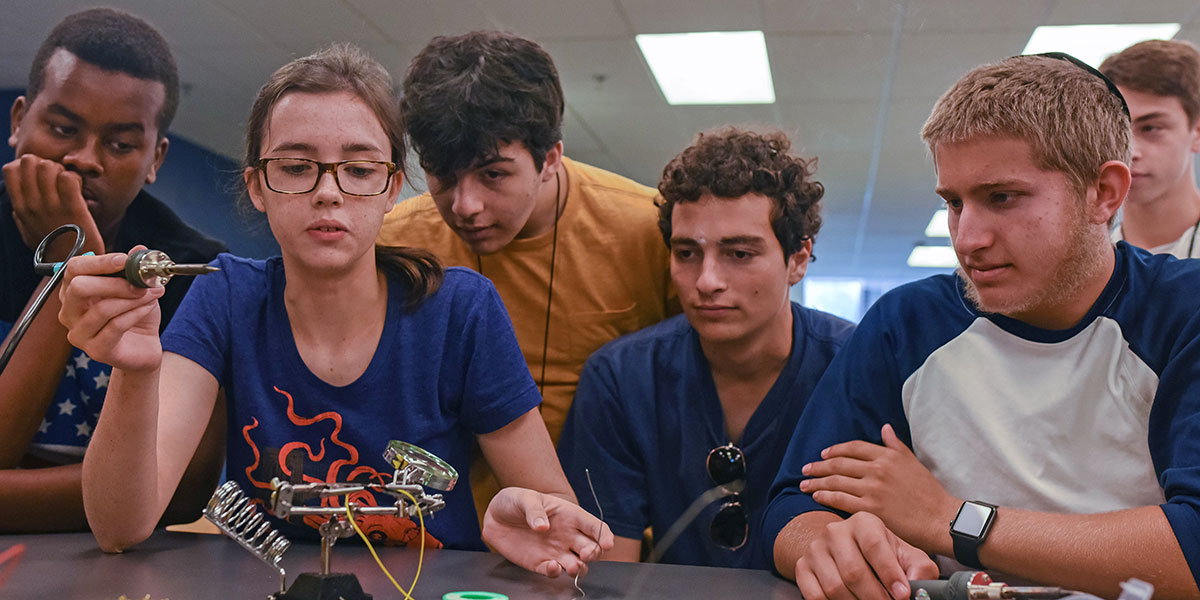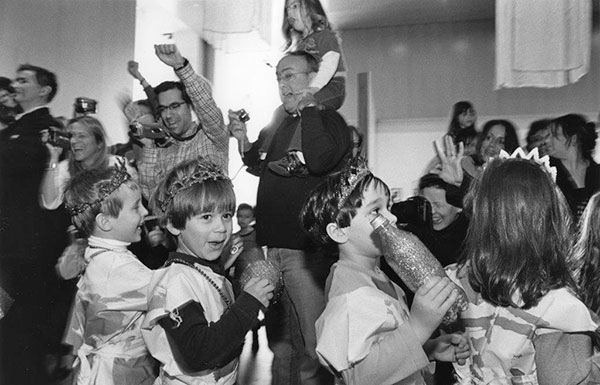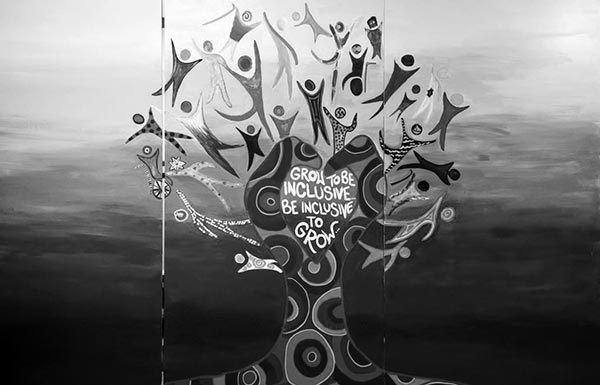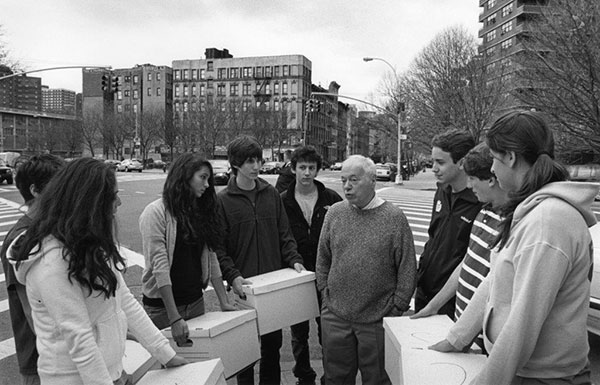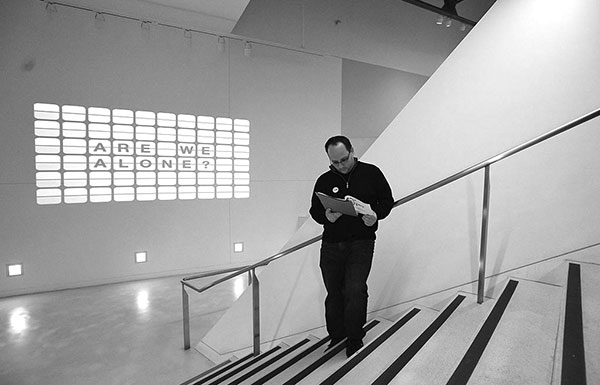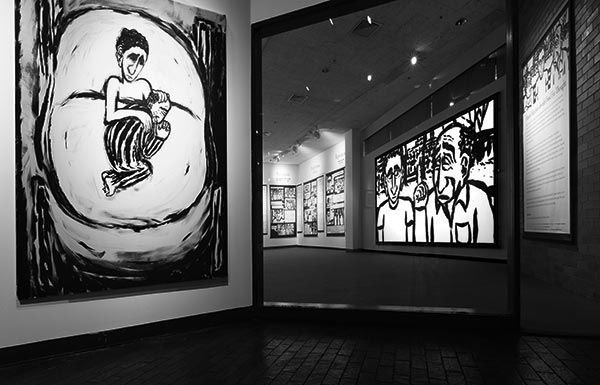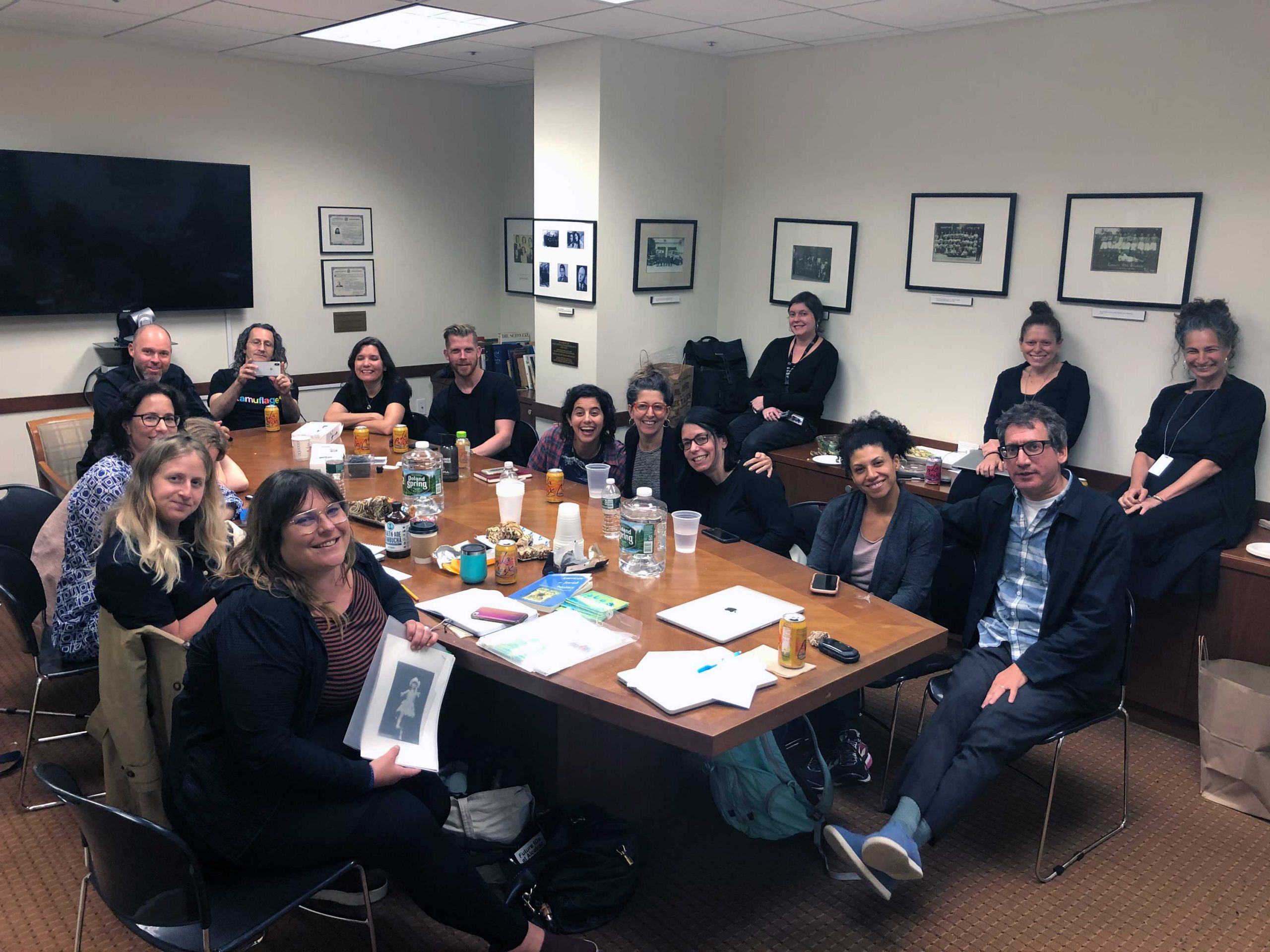
ARTICLE Reboot Meets the American Jewish Historical Society: A Creative Shidduch
For four days in September, the august Manhattan reading room shared by the American Jewish Historical Society and the YIVO Institute for Jewish Research was populated by an unlikely collection of scholars. Among the group of ten: a dating coach/media personality intrigued by the Yiddish language. An accomplished producer interested in exploring his Holocaust survivor father’s complicated relationship with Judaism. A comedian/filmmaker known for mining dark subjects like eating disorders, rape and white privilege, who had recently found herself thirsting for Jewish historical knowledge.
They were participants in the Reboot Fellowship, a new endeavor funded by The Covenant Foundation and designed to forge meaningful connections between the Jewish community’s trove of museums, archives and other cultural treasures, and some of the most innovative culture creators, makers and creatives working today.
The fellowship was created by Reboot, an arts and culture non-profit formed in 2001 to reimagine Jewish culture, thought and traditions at the outset of the new millennium. Each year, a new cadre of Jewish (“and Jew-ish identifying”) creators, artists, entrepreneurs and activists is tapped to join the Reboot network, which now includes more than 600 people worldwide.
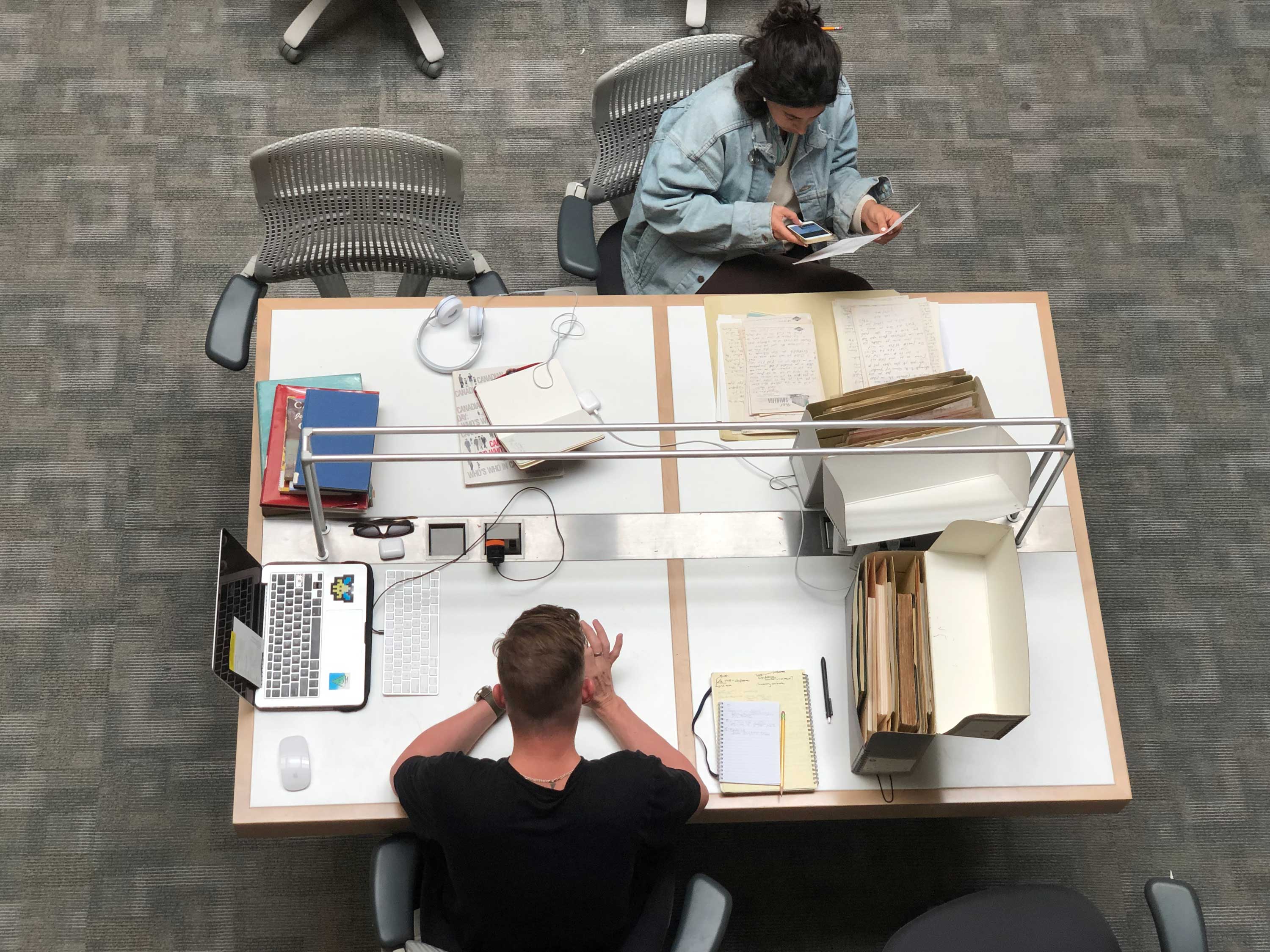
Reboot Fellows Adrian Salpeter and Jessie Kahnweiler review archival materials at the Center for Jewish History.
The Reboot Fellowship seeks to further the impact of the network by enabling a select group of “Rebooters” to have deep, immersive experiences with independently curated Jewish collections, working closely with historians and archivists to uncover hidden stories that could be the impetus for new projects. After these “deep dives,” fellows are charged with creating products, projects, exhibits or experiences that might engage new generations of Jews.
“The Reboot network is a network of makers, doers and storytellers who are looking for content, looking for inspiration,” said Francine Hermelin, Reboot’s chief network officer and the project director for the Covenant grant. “They’ll go anywhere to find it. At the same time, these institutions are sitting on a depth of Jewish knowledge, and they’re looking for new audiences and looking for new ways to connect with their audiences.”
“If we can set the stage to make it easy—and also rigorous, exciting, thrilling—for their search to be in a Jewish space, then these stories become part of their output and their work,” Hermelin continued. “That connection becomes like a ripe cocktail for something powerful and exciting and surprising to emerge.”
When Hermelin floated the idea to Dr. Annie Polland, executive director of the American Jewish Historical Society, her response was an enthusiastic, “Yes!”
“It definitely was part of what we’re trying to build here,” Polland said. “We’re trying to not only have people engage with collections and exhibitions but, to the extent that we can, bring them into the stacks, show them documents, help them piece things together. Here we’re taking artists and writers and filmmakers into the archives themselves, so they can make sense of the stories.”
Melissa Martens Yaverbaum, executive director of the Council of American Jewish Museums, said that for the 70-plus Jewish museums operating nationwide, the Reboot Fellowship represents a new model for public engagement.
“I think museums and archives have a tremendous amount to gain by working directly with creatives,” she said. “Even though it’s a more time-intensive investment, it genuinely connects them to the next generation. Museums often talk about the ‘next gen,’ but they think that if we build it they will come, and if we put it up they will come. To some extent that works, but to another extent the engagement needs to be more authentic.”
Historically, Yaverbaum said, interactions between creatives and museums have been characterized by an “end game” mentality, focused on final products like where and how an artist’s work might be exhibited. The Reboot Fellowship shifts that dynamic, allowing for deep, genuine relationships between cultural institutions and culture creators at every stage of the creative process.
“When the Rebooters showed up and we all started talking, between the scholars involved in the program and me and the Rebooters, we had so many ideas, we couldn’t even keep up with them,” Yaverbaum said. “It was like, ‘Oh, you should come speak at our conference!’ ‘I know a great collection you should be working with!’ It really pointed to the potential for a much stronger ecosystem of Jewish creativity and culture.”
The program was piloted in 2017 at the Yiddish Book Center. Participants “were sitting like school kids on the floor, looking up at [scholar, author and YIVO curator Eddy Portnoy], who is holding a gorgeous Yiddish book with illustrations,” Hermelin recalled. “They’re looking at him, wide-eyed, and I said, ‘This is kind of crazy.’ This should be happening more—connecting people who have the ability to create and manifest cultural experiences with experts who I know are just exploding with stories. We needed to literally carve out—this is very [Abraham Joshua] Heschel of me, but we needed to carve out a ‘palace in time.’ How do we carve out time? The fellowship became that.”
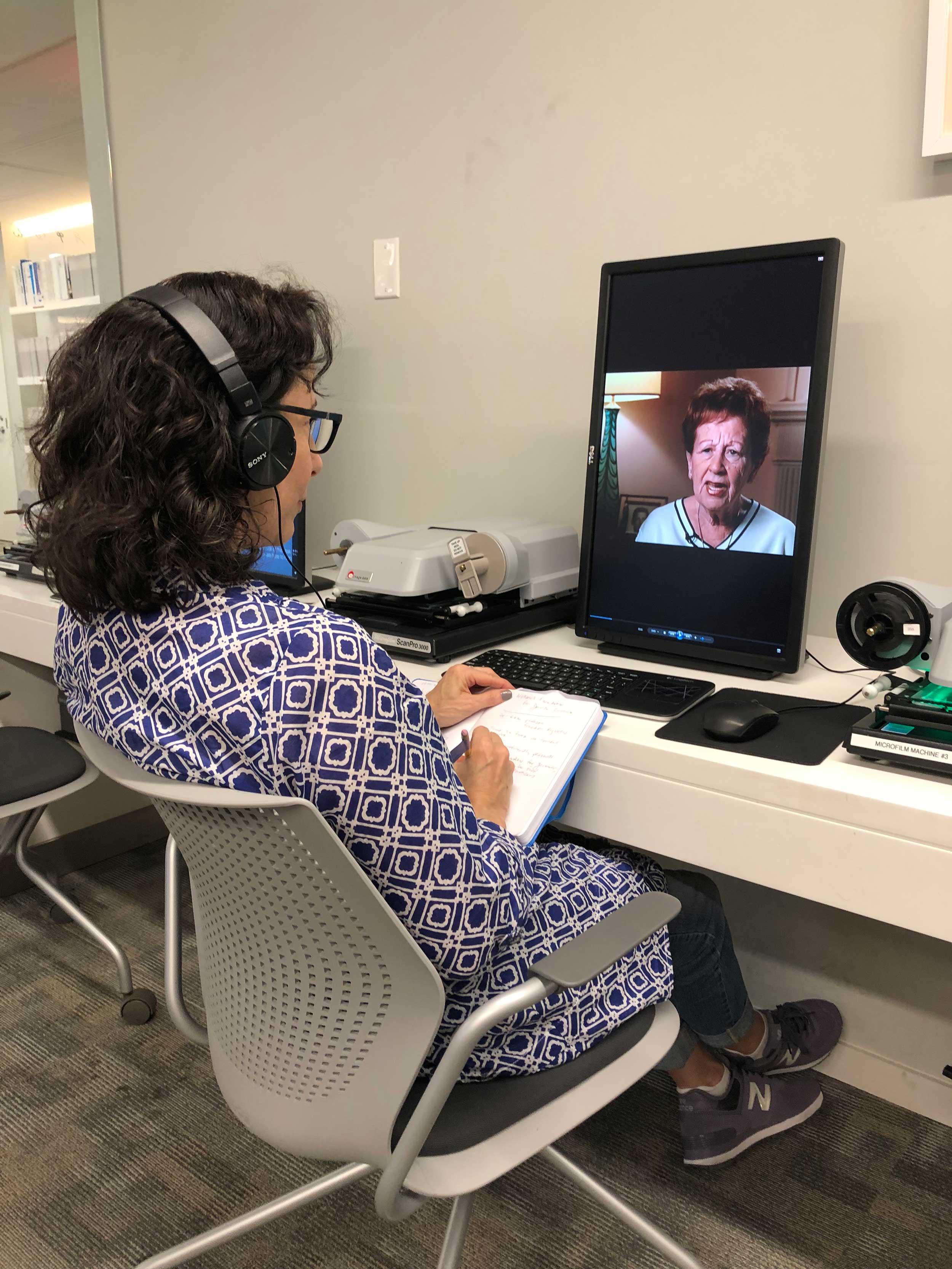
Reboot fellow and playwright/screenwriter, Lisa Kenner Grissom, watching first person oral histories of Jewish female partisans who survived the Holocaust.
After the successful pilot, Reboot partnered with the American Jewish Historical Society and YIVO to create the 2019 fellowship, with a grant from the Covenant Foundation. In an evaluation conducted after the four-day immersive learning experience, participants were unanimous in their desire to return to AJHS or YIVO for additional research and reported that they were more likely to consider incorporating Jewish historical research into their work.
The fellows are now at work on their projects, which include scripts, screenplays, a libretto, a social media campaign, a podcast and an installation.
“I’m looking forward to being surprised,” said Polland, of AJHS.
Following the four-day immersion, fellows were asked to complete “worksheets” describing the ideas and questions they were focused on going into the fellowship, how those ideas evolved, the current status of their projects, and their plans and needs for bringing those projects to life.
Damona Hoffman, the dating coach, wrote that she initially intended to explore historical love letters for an article or a segment of her podcast, Dates & Mates. But she ended up doing research for a second podcast, about the origin of names. “I was amazed by the number of personal diaries and essays with unbelievable stories that are here and unpublished/not available anywhere else,” she wrote.
Jessie Kahnweiler, known for her darkly comedic web series, intended to focus on old Jewish stories and “radical comedic personalities,” she wrote, with an eye toward developing a television show. Now she is exploring ways to use social media “to tell the stories of Jewish immigration and beyond,” vowing “to keep digging until I hit the golden idea.”
Adrian Salpeter, a film and theater producer, wrote that he embarked on the fellowship intent on “exploring the theme of luck through the lens of [his] father’s life” as a Holocaust survivor, Communist defector and Canadian immigrant. Salpeter found first-person accounts of other survivors and immigrants before and after World War II, but wrote that he still needed more time “to define a unique narrative that forms the backbone of whatever shape this research unearths: book, screenplay, stage play, etc.”
Some projects will come together more quickly than others, with the full fruits of the fellowship taking years to materialize—all the more reason to keep the program going, in Hermelin’s view.
“I would love to keep making these shidduchs, if you will, between creatives and Jewish institutions,” she said. “We are deeply committed to the creative process and to building a lifelong curiosity for Jewishness within culture creators. We know that culture takes time.”
More to Consider
- About Reboot
- An Audacious Roadmap: Reboot at 18 (eJewish Philanthropy article by CEO David Katznelson)
- About the American Jewish Historical Society
- CNN Interview with Dr. Annie Polland, executive director of the American Jewish Historical Society
- About YIVO
- “The Skinny,” About Bulemia, to Debut at Sundance (NYT article about Reboot Fellow Jessie Kahnweiler)
- “Shy East Lansing Girl Evolves into TV Dating Coach” (article about Reboot Fellow Damona Hoffman)
